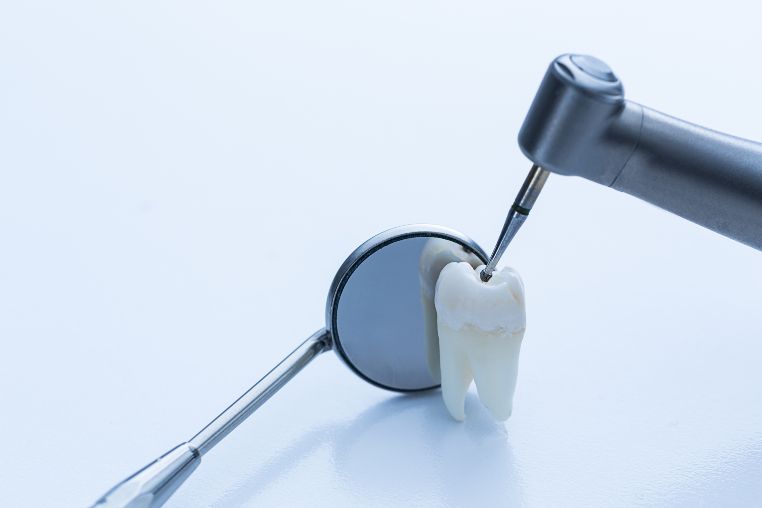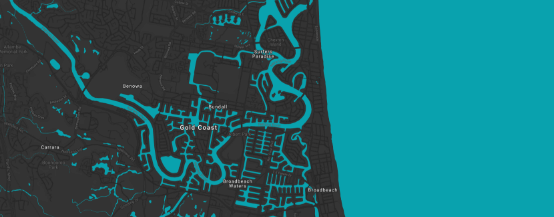Recuperating after tooth extraction can be unpleasant if you don't pay attention to what you eat. After the lousy tooth gets extracted, the tissue can get irritated, and make eating and chewing a bit challenging. You should eat soft and liquid foods that require little chewing, and avoid hard and crunchy foods since they can delay the healing process quite a bit, and even get you an unnecessary additional visit to your dentist if things get complicated.
Every dentist will always try to save a tooth by any means necessary, and tooth extraction comes as a last resort when there are no other options available. Reasons for the need to get your tooth extracted are vast, and some of them are:
When teeth are too decayed to be saved by other procedures, tooth extraction is left as the only option to prevent other complications.
Periodontitis, also known as advanced gum disease, can cause your teeth to get loose, and in some cases will require extraction.
Sometimes wisdom teeth, also called third molars, will get impacted or trapped in the jawbone and will need to be extracted.
Overcrowded teeth can cause bite problems, and extraction is the only way to create more space in the mouth.
If the tooth gets damaged beyond repair due to trauma like a sports injury or some other accident, it will need to be taken out.
An orthodontic treatment will sometimes require a tooth to be extracted to create more space to address bite problems.

Paying attention to what you eat after a tooth gets extracted can have a big positive or negative impact on the recovery process.
Hot and warm food should be avoided right after the surgery, and it's best to eat nothing at all for at least an hour or two after the procedure.
Hard and crunchy food should be avoided, and you should stick to soft foods that require little to no chewing at all until the extraction site heals completely.
Sticking to soft foods will accelerate the healing process after extraction. Here are some recommendations for nutritious and delicious foods that you will have no problems eating after getting your tooth pulled out.
Blended or pureed vegetable soups are a good option since they require no chewing, however, don't eat them while they are too hot since the high temperature will irritate the extraction site.
If you get a craving for something sweet, ice cream is great since it is soft and cold, and it is a great choice right after the extraction since its chilliness can soothe the sore area from where the tooth was removed.
Mashed potatoes are easy to chew and full of nutrients making them a great choice.
A good breakfast option that's full of protein. Avoid yogurt with pieces of fruit or granola.
Another soft food that's packed with protein and requires little chewing.
Make sure that you don't eat it hot, and wait until it gets soggy to avoid oats getting stuck in the gums.
A good addition to other foods that are rich in protein, you can also eat it as a snack.
A delicious option for breakfast or a snack, make sure that it's blended nicely so there are no large fruit particles.
It's very important to avoid certain foods and beverages after tooth extraction to prevent complications like pain, swelling, and infection. These are the foods that you should stay away from until the extraction area is completely healed:
Avoid all nuts, chips, popcorn, and hard candy. These foods can mess up the blood clot that forms at the extraction spot and prolong the healing process.
Foods like hot sauce, citrus fruits, and tomatoes can irritate the extraction site and cause discomfort.
Gummies, caramel, meat, bread, and similar chewy or sticky foods should be avoided since they can cause an infection if they get stuck in the socket of the extracted tooth.
Avoid anything hot for the first few days! Hot food and beverages can further irritate the extraction site and cause more pain and swelling.
Stay away from fizzy drinks like cola and alcohol until the spot where the tooth was is fully healed.
Smoking and other tobacco products can delay the healing process and should be avoided
A post-extraction diet is a very important step in the healing process of the extraction site. If you stick to foods that require little to no chewing at all you can avoid unnecessary complications like swelling, inflammation, and infections. After getting a tooth extraction, if you feel excessive pain and discomfort, you should call your dentist right away and schedule a checkup as soon as possible.

